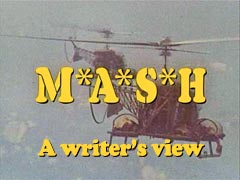Wrote 1,000 words on the Orchard yesterday, which was an improvement in quantity but not in quality. Upon heavy reflection, I decided that the work was structurally unsound, ripped it out, and recast the scene. (Thanks to my alpha readers, Sarah and Wendy, for insights that sped the fix along.) Today I put in 2,000 words, replacing yesterday’s output and getting a little further on with the story. We are now at a chapter break, with a Reveal, to wit: How Greyhand got his name.
I had been hoping that each episode of the Orchard would run about 15,000, but this first one seems certain to be over length. I am just over 12,000 words in (before cutting), and barely halfway through the outline. Looks like the series will begin with an extra-length episode, however much I slice it.









Recent Comments